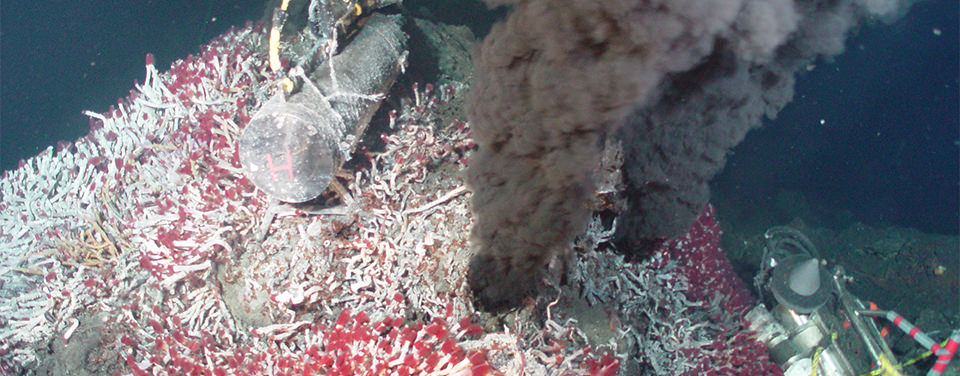Yazata
Valued Senior Member
Logically I feel,
1.Whatever environmental factors we are exposed to today may come into our future evolution. I already indicated those.
The environmental factors would seemingly have to have some impact on differential rates of reproduction.
Imagine an organism that's very adapted to a particular mode of life (and only that mode of life). If environmental conditions change so dramatically as to destroy that ecological niche, then that organism might become extinct. While those kind of events probably explain a lot of the succession observed in the fossil record, it isn't really Darwinian evolution.
Now imagine the environmental changes occurring gradually. Imagine that some organisms have heritable phenotypic qualities that make them better adapted to the slightly different conditions. If that adaptive difference makes a difference in their rates of reproduction compared to their old-model fellows, the new variant can be expected to be better represented in future generations. Actually it's more complicated than that, since my scenario imagines a gradualist scenario where tiny phenotypic changes accumulate over time. (That's how Darwin himself imagined it.) But even small genotypic changes can have dramatic and sudden phenotypic effects if they impact fetal development or something. (So we might see 'punctuated equilibrium' events.)
2. Natural environmental exposures should be advantageous whereas unnatural ones should be disadvantageous. Today, we may calculate we are doing best due to unnatural odd modern inventions & introductions but whatever can be their impact in future, we need to check. Even cooked food has some disadventage inspite of fact we are evolved for it since about 2 million years back.
Your example of cooking might arguably fail right out of the gate. The evolutionary advantage of cooking might be that it makes food easier to digest and hence more nutritious. Arguments have recently been advanced that this might be part of what fueled the explosive growth of hominin brains. (I think that's still hypothetical, but it seems plausible.)
https://www.smithsonianmag.com/science-nature/why-fire-makes-us-human-72989884/
https://www.amazon.com/Human-Advantage-Understanding-Became-Remarkable/dp/0262034255
3. We have to check inherent changes in sperms & ova and in their environmental changes, if happened due to changed environment.
Ok, I guess that I can buy that. I just saw news the other day that large doses of ibuprophen can (reversibly) lower male sperm counts and testosterone production. I can imagine environmental conditions where that kind of thing happens. If that has an impact on comparative reproductive rates between populations, then there might be selection against populations where those conditions exist. We might be seeing something like that now in the Western world today where sperm counts are said to be dropping and with them reproduction rates. (The latter probably more for sociological reasons.) Reproductive rates have fallen below replacement in many countries and many of these are being flooded by migrants from high reproduction rate regions. But while that would indeed lead to the rapid change in the genetic makeup of a population inhabiting a particular region, it wouldn't be Darwinian evolution. If the cause of the selective difference isn't genetic and heritable, and is instead linked to particular places and modes of life, then new arrivals in those disfavored places and new recruits to those disfavored modes of life might fall prey to the selective disadvantages as well and the cycle repeats.
Last edited:

